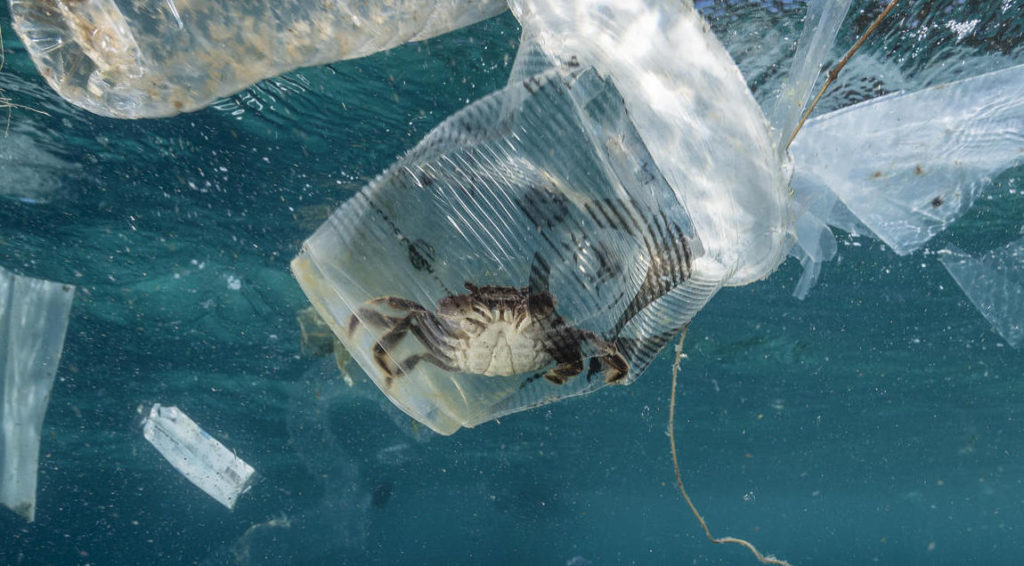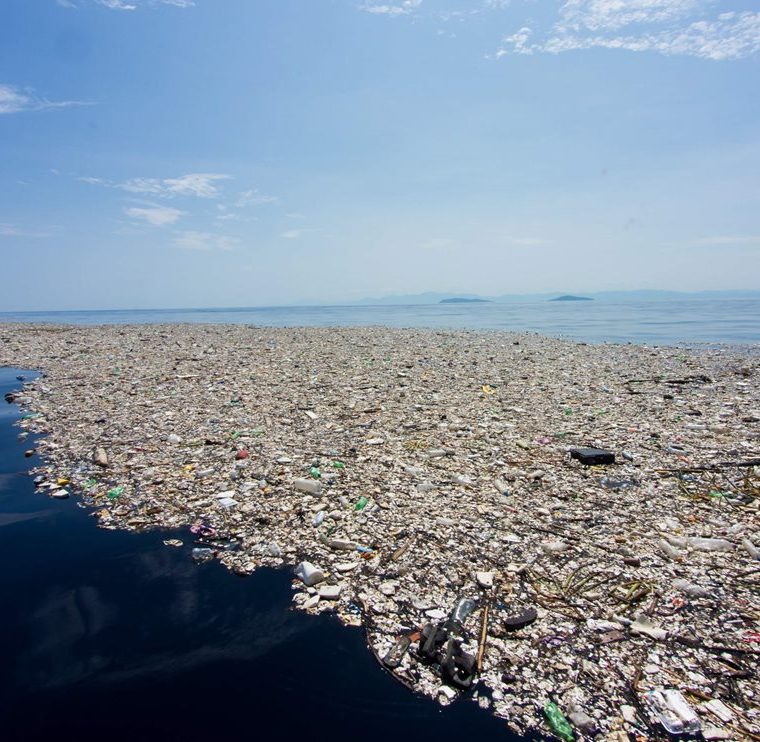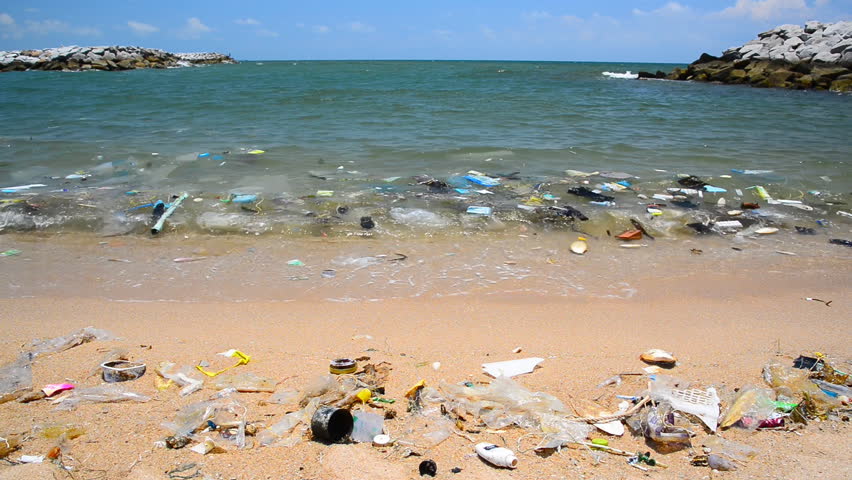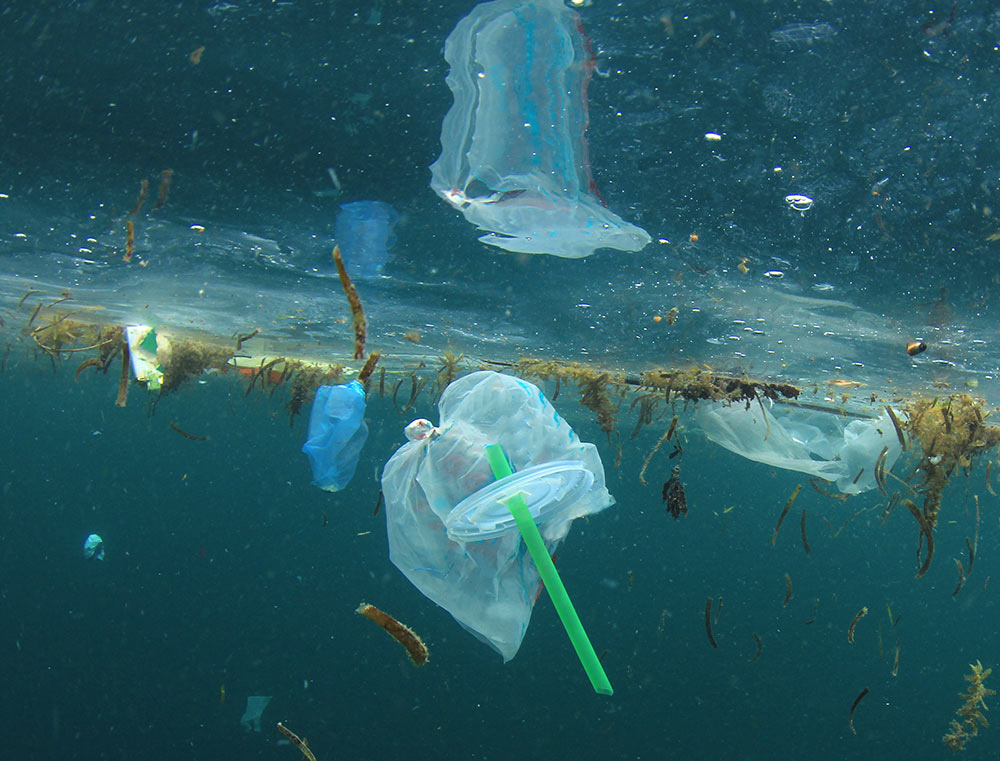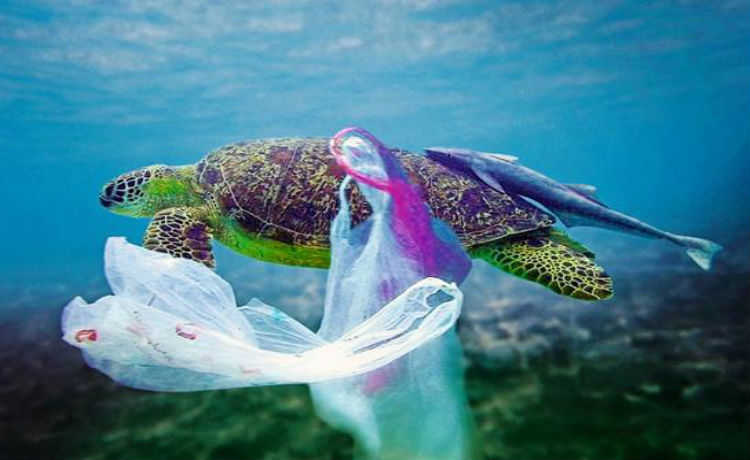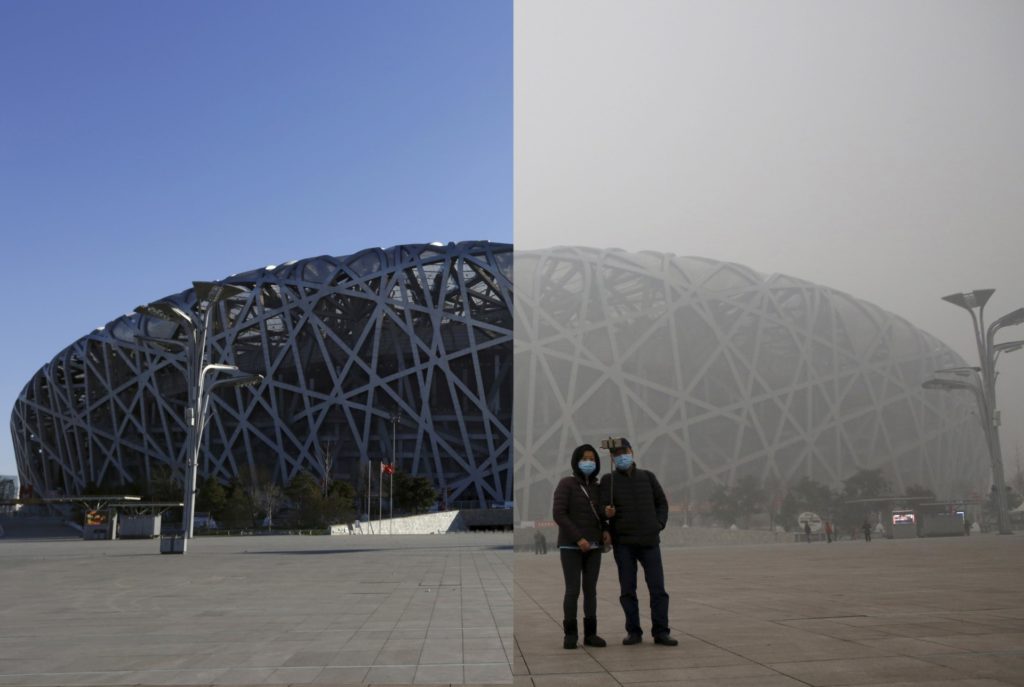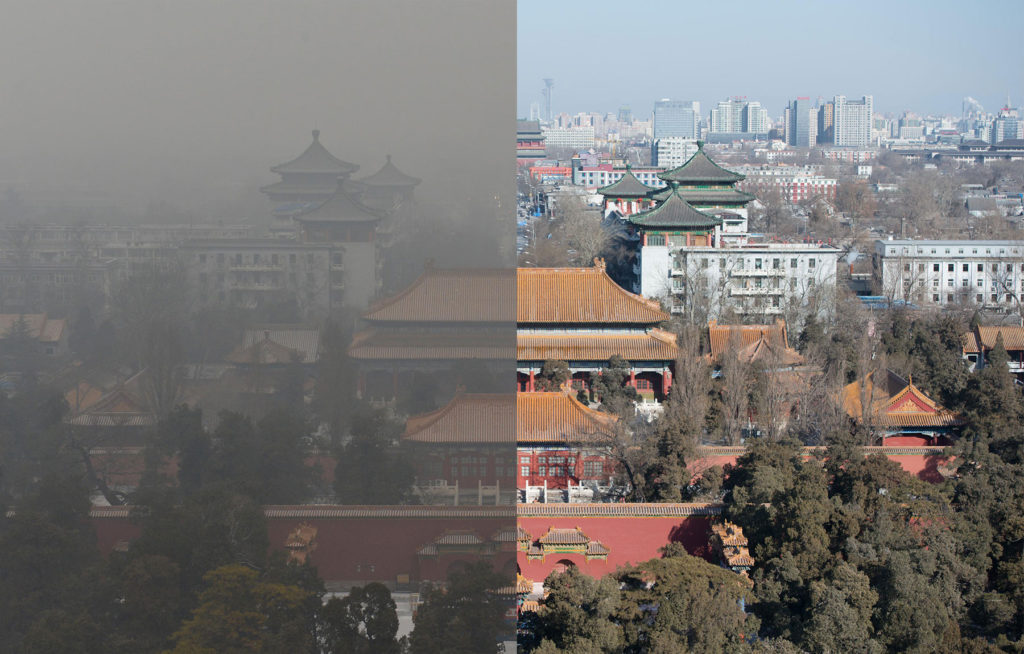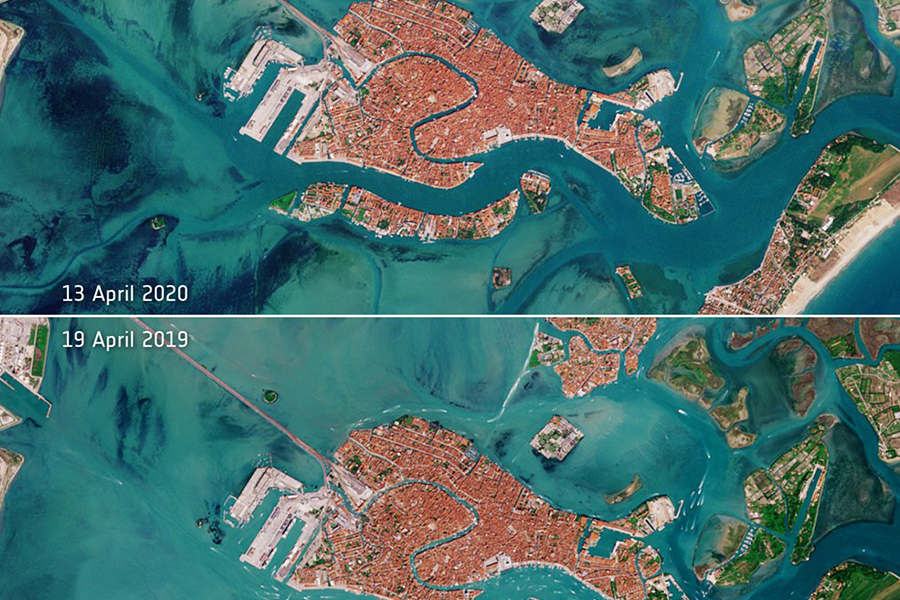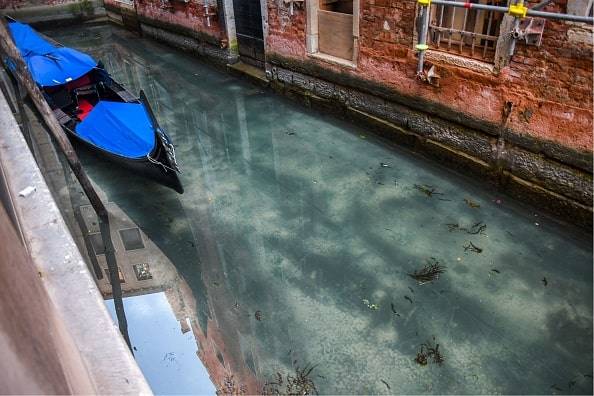The problems are caused by the human being, who will also be decisive for their solution. The future, experts say, will have to go through a blue economy. And that future must already be
June 8th. Today is World Oceans Day, which began to be celebrated only in 1992. It should be noted that we live on a literally blue planet, given that the oceans and seas cover more than 70% of the Earth. In 2020 there is still much to be explored in and in the Oceans, but, and as the old saying goes, there are evils that come well, ironically the Covid-19 pandemic could change mentalities.
This virus, which started attacking us six months ago, gave the world time to stop and think. In fact, it is the oceans that feed us, regulate our climate and generate most of the oxygen we breathe. But it is also a reality that we do not treat them well, look at the more than eight million tons of plastic waste that ends up at the bottom of the oceans and climate change, which damage coral reefs and other fundamental ecosystems. How can you stop this? The answer may be a blue economy.
“The blue generation is like what is needed to change our relationship with the ocean. A different relationship with nature is essential, it is not enough to solve the problem through public and environmental policies. We know that what has caused all these impacts on nature is our economy and the model of economic development. It is important to explain to people that the ocean crisis is not a problem for whales and small fish, it is for us that we depend on them to live, but as terrestrial animals we do not have this perception ”, considers Tiago Pitta e Cunha, president of Oceano Azul Foundation.
But for the problems of the oceans to be solved, the work has to start being done very early, with the youngest. At the moment there are plans to try to solve the immediate problems, but the ideal is that in the future these problems will no longer exist. To do this, however, the children who will live that future must be taught from an early age to protect the oceans.
“Children, for example, are totally unaware that we depend on the oceans for our lives. In this sense, the Oceano Azul Foundation has developed a program to make them aware of their importance. It is called Educating for a Blue Generation, unprecedented in Europe and the World, and we are already considered the most advanced country in blue literacy because of this same program. It consists of training all teachers of the first cycle, to teach children about the importance of the oceans and to teach with this theme inserted in the curricular subjects. With that, we want young people to be more responsible and more aware ”, said Tiago Pitta e Cunha.
It is important to explain to people that the ocean crisis is not a problem for whales and small fish, it is for us that we depend on them to live
The immediate problems to be solved
Discussing the problems of the oceans would be a topic for many hours, days or years, given the degradation to the second of them. The blame, no one has any doubts, is ours, of the human being. But arguing is not enough, decisions need to be speeded up, because the oceans cannot wait for answers much longer.
“The ocean crisis is profound, more than we think. The issue of plastics has become a media issue in recent years and this is positive because it has led people to synthesize themselves in the oceans, but the truth is that we have many other problematic issues related to the oceans. Starting with the fact that we continue to pollute their coastal areas, a phenomenon that is called eutrophication, which is the discharge of excess nutrients from our urban sanitation systems, which end up removing oxygen from coastal areas ”, explains the president of the Oceano Azul Foundation, also giving simple examples of what is really happening in the seas.
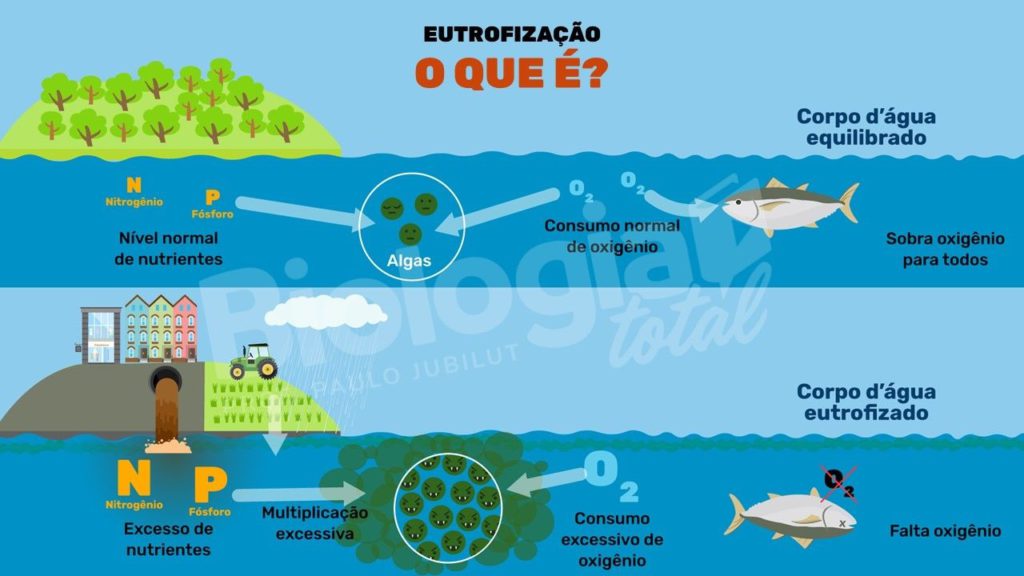
“Nowadays one of the great problems of the oceans, which was an oxygen management system for the planet, is that they already have dead zones, which are multiplying more and more. I will give you an example, that of swordfish, which is a formidable predator, that fishes between the surface and a thousand meters of depth and today, in certain places, it is no longer able to pass 100 or 150 meters, because it no longer has oxygen. Oxygen is an issue that concerns us a lot, half of the oxygen we breathe comes from the oceans ”, he said.
Oxygen, or the lack of it, is thus one of the most serious immediate problems. But on this World Oceans Day, it is important to teach the world that there are more and more urgent to be solved.
“Right now there is a massive extinction of species, the biodiversity of the oceans is decreasing, both by pollution and overfishing, which removes much of the biomass from the oceans. And this is very worrying because the oceans depend a lot on this biomass to be healthy, the oceans are a biochemical phenomenon and the biological part depends on the biomass and if it is dilapidated there is a great imbalance in the biological part of the oceans. And if we have already caused an imbalance in the chemical part with the acidification of the oceans with the accumulation of greenhouse gases, then the problem starts to be complicated ”, explained Tiago Pitta e Cunha, who in the last two decades has worked in the area of policies of the ocean, as legislator at the United Nations, the Government of Portugal and the European Commission.
The swordfish, which is a formidable predator, that fishes between the surface and a thousand meters of depth, and today, in certain places, it is no longer able to pass 100 or 150 meters, because it no longer has oxygen
Problems identified as lack of oxygen and low biodiversity, there is another that the former advisor to the President of the Republic for matters of environment, science and sea identifies: the temperature of the oceans:
“It is one of the most worrying and most difficult to resolve, given that more than 90% of the excess heat generated by global warming is absorbed by the ocean. In other words, if it were not for the ocean, we would no longer be able to survive because of the increase in atmospheric temperature. But what happens is that as the oceans are warming, this is changing them deeply and one of the direct causes is the disappearance of corals, which are fundamental organisms for the survival of the oceans, account for 25 to 30% of the biodiversity of the oceans, the variety of life forms. The disappearance of corals will be highly dramatic, with a quarter of all the biodiversity of the oceans being lost ”.
The unexpected help of the Covid-19 pandemic
The pandemic and, more specifically, social isolation brought about a positive change in our routines and which had environmental consequences, which were also very positive. The air is cleaner and so are the oceans and seas. Therefore, there is no doubt that it is us, the human being, that we have such an impact on nature.
“We started to fish less, we had fewer ships at sea, there is less CO2 in the air, cities are less polluted. There are several lessons to be learned from what happened to us, which was unthinkable. One is that we need to listen more to scientists and science, if we had heard them surely we would not have had the behaviors that caused the virus to pass from the animal kingdom to the human species; then we realized that we must lose the illusions that we are the chosen species, that is above other species, that does not belong to the natural ecosystem, that lives independently from other species, because we are eternally linked to nature ”, considered the specialist in matters of oceans, also expressing hope that people will continue to have new types of behavior due to Covid-19.
“This pandemic will accelerate all trends that were already forming. One of the things that has happened in the last few years, and since 2015, of the Paris Agreement on climate change, has been a huge increase in awareness and accountability, not just for states, but for individuals. With the pandemic, I notice even more people wanting to switch to that direct action mode, picking up trash on the beaches, making vegetable gardens, etc., has accelerated these trends. There is another important thing, in the debate on the environment and climate change there were always those trends, those groups, those personalities who contested the fact that there was a cause-effect relationship with human activity and the economy. Now it was visible to the naked eye that if we take our foot off the accelerator, if we touch the curb we also turn around and if our economy does, too. Nature is permanently suppressed by our economic acceleration ”, said Tiago Pitta e Cunha, finding, however, a negative point in the impact of Covid-19 in matters of oceans:
“This was the super year of the oceans, with several conferences and meetings on the subject. One of the most important would be the week of the United Nations Conference on Oceans, which would have taken place in Lisbon last week. ”.



